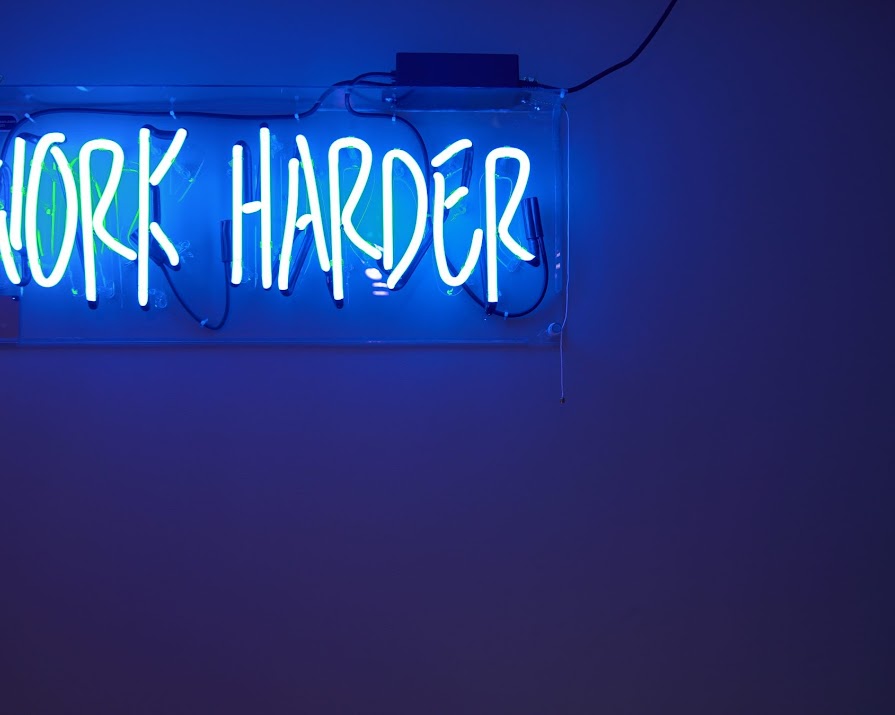
At current rates at it will be 217 years before the gender pay gap is closed
By Colette Sexton
10th Apr 2018
10th Apr 2018
Colette Sexton, news correspondent at The Sunday Business Post, is hoping the gender pay gap will be resolved before the 23rd century.
217 years. That is how long women will have to wait for the pay gap to close, according to research released by the World Economic Forum in 2017. This figure is not even improving, with the WEF predicting in 2016 that it would take 170 years to close the gender pay gap. 2017 was the first time the WEF gender gap report, which has been published annually since 2006, showed a decline in pay parity between men and women. I don’t know about the rest of you, but I don’t fancy hanging around for another two centuries for equality.
The gender pay gap has been receiving much media coverage recently. Last July, the BBC released a list of its highest-paid stars and its top seven earners were men. This provoked outroar across the world and many companies were questioned about their own pay gaps. One of Ireland’s best-known newscasters Sharon Ni Bheolain confirmed that she earned between €60,000 to €80,000 less than her then RTE Six One co-star Bryan Dobson. Both RTE employees have moved onto different roles since but the issue of gender pay gaps across all companies has rumbled on. This issue came up again last week as all British companies with more than 250 employees were required to report their gender pay gap to the Government Equalities Office. The gender pay gap measures the difference between the earnings of all men and women across an entire organisation. It is separate from equal pay, which is when men and women who are doing equal work are expected to make the same amount of money. British companies also had to publish details of the proportion of men and women who receive bonuses and the breakdown of men and women in different pay quartiles.
The figures showed that based on median hourly pay, men were paid more than women in 7,795 out of 10,016 companies and public bodies in Britain. How grim. Of course, we don’t know if this huge disparity exists in Ireland too, but we will soon. Draft legislation aimed at reducing the gender pay gap is expected to be introduced by the government here shortly. This will have a positive effect in many ways, as it will not only shame companies into fixing their gender pay gap but, in a world where many deny its existence, it will also prove to them that this gap is a real problem.
Of course, reporting the numbers is not enough to fix the pay gap. That will require better childcare, paternity leave, more flexible working and a significant change in culture in many organisations. But hopefully this new legislation will help to close the bridge sooner than 2235 (I mean surely the robots will be doing all the work by then anyway and humans will spend their time sunbathing on Venus or skiing on Mars).























